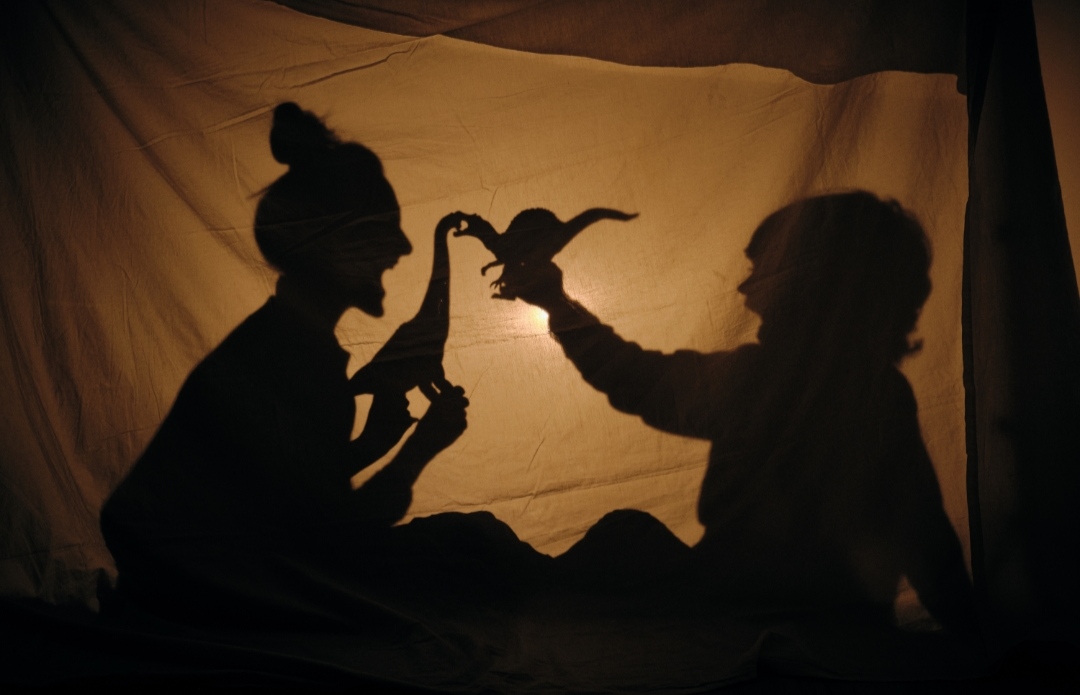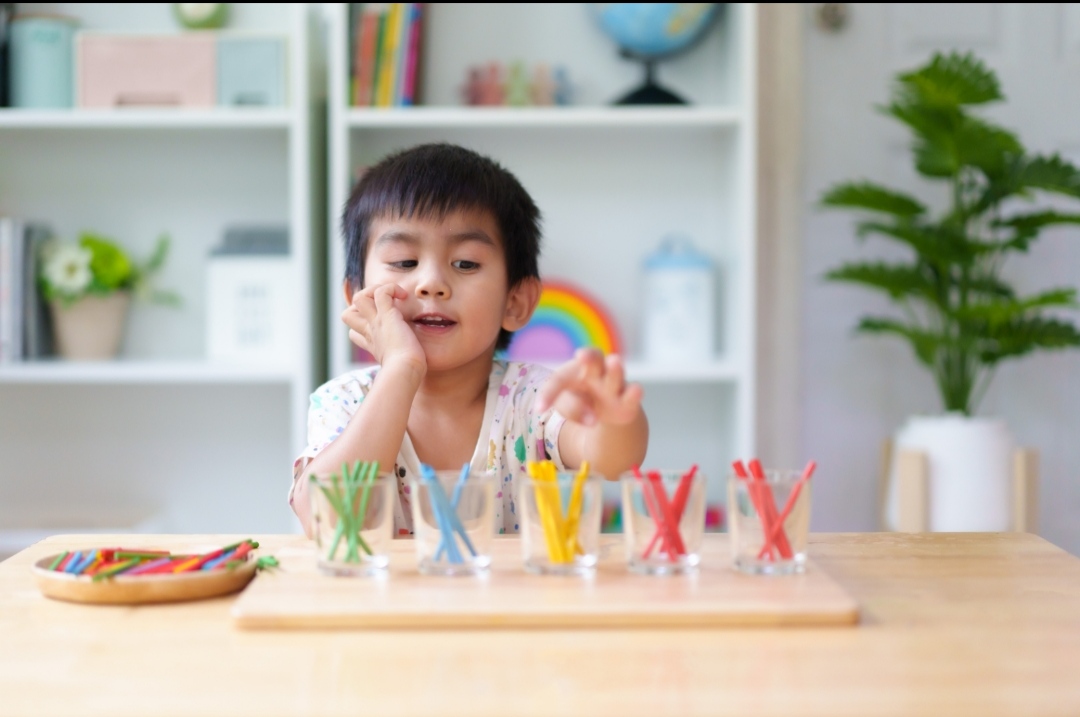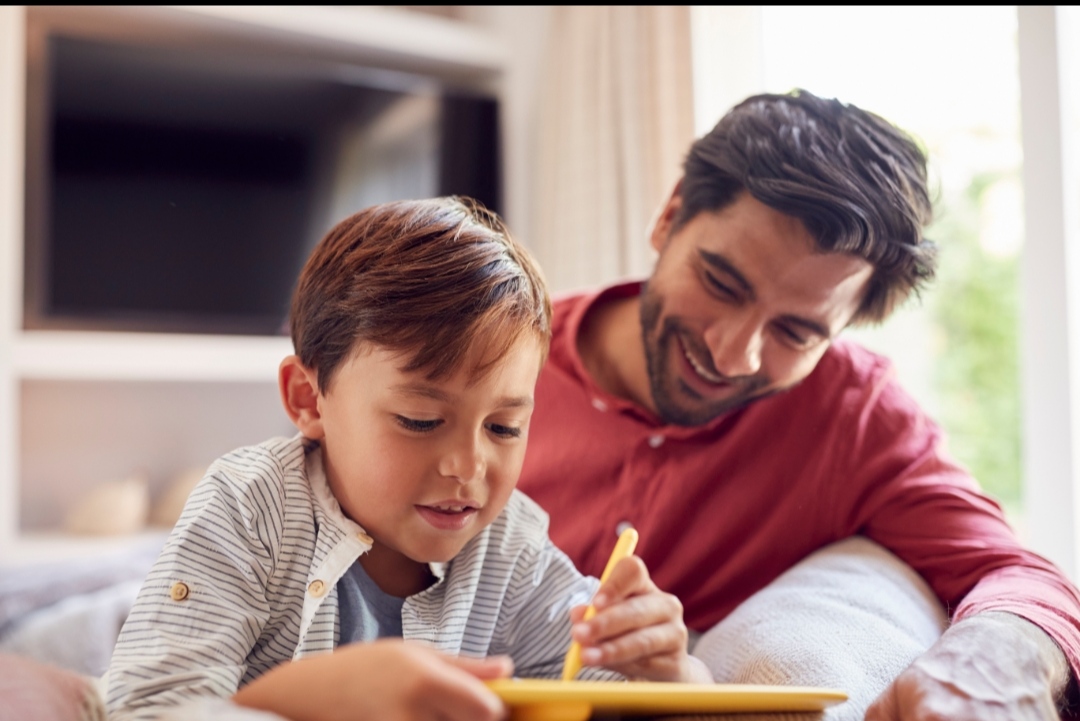By Siyona Varghese
As a parent, you want to see your child thrive in all areas of their life, including socially. Strong social skills are crucial for your child’s development and future success, as they help him form positive relationships and communicate effectively with others. But how can you help your child develop these skills? The answer lies in play and interaction with others.
In this article, we’ll explore the ways in which you can support your child’s social development through these activities.
Encourage Playdates
Playdates are an excellent way for children to socialize and develop their social skills. They provide a safe and fun environment for children to interact with their peers, learn social cues and practice communication skills. As a parent, you can encourage playdates by reaching out to other parents in your community or through your child’s school. You can also organize playdates at your home or a nearby park.
When setting up playdates, it’s important to keep in mind your child’s personality and interests. You want to make sure he is comfortable and engaged in the activities. If your child is shy or introverted, it may be helpful to start with smaller playdates or one-on-one interactions. As your child becomes more comfortable, you can gradually introduce larger groups.
Role Play
Role-playing is a fun and interactive way to help your child develop his social skills. It involves acting out different scenarios with your child, such as ordering food at a restaurant or asking for help at a store. Through role-playing, your child can practice their communication skills, learn how to navigate social situations and develop empathy for others.
To start, you can choose a scenario and act it out with your child. You can switch roles and encourage your child to come up with his own scenarios as well. You can also use toys or props to make the role-playing more engaging.
Play Board Games
Board games are a great way to help your child develop his social skills, as they require turn-taking, following rules and communicating with others. By playing board games with your child, you can teach him how to be a good sport, how to handle winning and losing and how to work with others towards a common goal.
When choosing board games, look for ones that are age-appropriate and have simple rules. You can also involve your child in the selection process to make it more engaging. Some good options for younger children include Snakes and Ladders, Ludo and so on, while older children may enjoy games like Monopoly or Chess.
Play Outdoor Games
Outdoor games are a great way to expend the energy, stay fit and enjoy socializing with other kids. They are a great way to inculcate good habits to stay fit into their adult life.
Attend Community Events
Attending community events, such as festivals, fairs and concerts, is a great way to expose your child to new people and experiences. It provides an opportunity for your child to practice his social skills in a fun and exciting environment.
When attending community events, be sure to involve your child in the planning process. You can research events in your area together and let your child choose which ones they want to attend. You can also encourage your child to interact with others at the event, whether it’s by playing games, trying new foods or participating in activities.
Volunteer Together
Volunteering is a rewarding way to give back to your community while also helping your child develop his social skills. By volunteering together, your child can learn how to work with others towards a common goal, develop empathy for others and practice communication skills.
There are many volunteer opportunities available for children, such as participating in a beach cleanup or visiting a nursing home. You can also involve your child in the selection process and let them choose which causes he want to support.
In conclusion, helping your child develop strong social skills through play and interaction with others is crucial for their development and future success.
References






